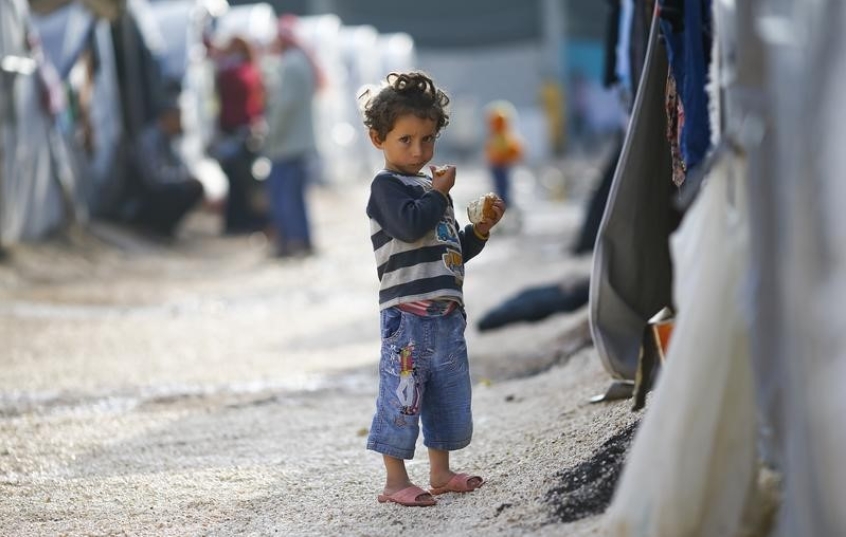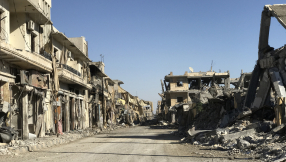
A hundred and fifty Kurdish families have successfully escaped from Mosul in northern Iraq and are now being sheltered by Kurdish militia forces.
An article at Rudaw reported that on Friday evening the Kurdish civilians slipped out of Mosul, the second largest city in Iraq that is being held by Islamic State militants, and escaped to the town of Wanke where they were received by the Peshmerga, Iraqi Kurdistan's militia fighters. Wanke is 35 kilometers northwest of Mosul.
According to Kurdistan Democratic Party official Saeed Mamozini, civilians trapped in Mosul are trying to escape at every opportunity that is available to them. However, he said, some of them are recaptured by the extremists before they are able to reach safe zones.
He also said that the 150 families are now under the care of the Kurdish militia.
"Peshmerga forces have sheltered hundreds of Kurdish people, including women and children who fled Mosul last night, providing them the basic necessities," Mamozini told Rudaw.
Mosul lies 400 kilometers north of Baghdad. It fell to the Islamic State in June last year after more than 1,300 militant fighters took the government and security forces by storm. Thousands of civilians fled from the fighting, but there is still a considerable number of non-combatants still trapped in Mosul.
The Iraqi government, supported by a coalition of nations led by the United States, ground forces from Iran and a number of Shiite militia forces, is preparing an offensive to retake Mosul from the Islamic State. The US and the Iraqi government have clashed over the timetable for the offensive and the involvement of Iranian Republican Guard forces and Shiite militias.
President Barack Obama had earlier announced that the offensive would take place in April or May, but American officials later announced that it was postponed indefinitely pending the readiness of the forces involved.
Iraqi government officials later criticised the US pace in planning the offensive as "sluggish."













